Electric bike chargers are not universal because they must precisely match your e-bike's battery voltage, amperage, and connector type to charge safely and efficiently. Using an incompatible charger can damage your battery, reduce its lifespan, or create safety hazards. Ensuring the charger matches your e-bike’s specifications is crucial for optimal performance and battery longevity.
What Are the Key Reasons Electric Bike Chargers Are Not Universal?
E-bike chargers are not interchangeable due to differences in voltage, amperage, connector types, and battery chemistry. Each e-bike battery operates at a specific voltage level (commonly 36V or 48V), and the charger must provide a matching voltage to prevent overcharging or undercharging. Chargers also have amperage limits; using one with excessive amperage can overheat the battery, whereas too low amperage only prolongs the charge time. Furthermore, proprietary connectors and varying battery chemistries like Li-ion versus LiFePo4 require compatible chargers to ensure safe electrical communication and correct charging cycles.
How Does Voltage Affect Compatibility Between E-Bike Chargers and Batteries?
Voltage incompatibility stands as a primary reason chargers aren't universal. E-bike batteries are typically designed for either 36V or 48V systems. A charger meant for 36V batteries usually outputs around 42V to fully charge the battery, while one for 48V batteries outputs about 54V. Using a charger with mismatched voltage can either fail to charge properly or risk damaging the battery’s cells.
Voltage Compatibility Chart for Common E-Bike Batteries
| Battery Voltage | Typical Charger Output Voltage |
|---|---|
| 36V | 42V |
| 48V | 54V |
What Role Does Amperage Play in Selecting the Right E-Bike Charger?
Chargers must have an amperage rating suitable for the battery. Amperage, or current, defines how fast the battery charges. A charger with a higher amperage than recommended risks overheating and potentially damaging the battery, whereas a charger with a lower amperage will charge more slowly but safely. Matching or slightly exceeding the battery's recommended amperage is best, as it balances charging speed without risking longevity or safety.
Why Are Connector Types Critical When Choosing an E-Bike Charger?
Physical connectors vary widely, often proprietary, making many chargers physically incompatible across different brands and models. The charging port's shape, size, and pin layout must align precisely with the charger plug. Without matching connectors, a charger simply cannot connect to the battery, rendering it useless regardless of voltage or amperage matching.
Connector Types in 26-Inch and 27-Inch E-Bike Models
| Model Size | Common Connector Type |
|---|---|
| 26-inch | Round 5-pin or Barrel Connector |
| 27-inch | Proprietary Polarized Connectors |
How Does Battery Chemistry Influence Charger Compatibility?
E-bike batteries come mainly in lithium-ion (Li-ion) or lithium iron phosphate (LiFePo4) chemistries, each requiring specific charging voltage curves and management systems. LiFePo4 batteries have a more stable charge cycle, often demanding a different charger profile than Li-ion batteries. Using the wrong charger can impair battery efficiency, cause premature wear, or, in rare cases, dangerous malfunction.
How Can You Easily Identify the Right Charger for Your E-Bike Battery?
- Refer to your e-bike's manual or inspect the battery label for voltage, amperage, and connector details.
- Ensure the charger's output voltage matches your battery's requirements exactly (e.g., 42V for 36V batteries).
- Match the connector type carefully to ensure compatibility.
- Consider a smart charger with features like temperature control and auto shutoff for optimal battery safety.
What Advantages Do Smart Chargers Provide for E-Bike Batteries?
Smart chargers enhance safety and battery life by automatically regulating the charge process. They monitor temperature, voltage, and current, shutting off or reducing power when the battery is fully charged or overheating. This prevents overcharging and protects battery chemistry, ensuring reliable, prolonged battery performance.
How Does TST EBike Address Charger Compatibility in Its Product Range?
TST EBike emphasizes high-quality, cost-effective electric bikes paired with chargers designed specifically for their battery models. They offer both 26-inch models suited for rugged terrains like snow or sand and 27-inch versions ideal for daily commuting and mountain biking. Each is supplied with chargers that align perfectly with the battery chemistry, voltage, and connector type—eliminating compatibility concerns and promoting safety in every ride.
Buying Tips
When purchasing an e-bike charger:
- Always match the voltage exactly — do not assume chargers are interchangeable.
- Check the amperage rating; opt for a charger with amperage equal to or slightly higher than your battery’s rating.
- Verify connector compatibility with your e-bike model to avoid frustration or damage.
- Prefer smart chargers with temperature and auto-shutoff features to maximize battery life.
- When in doubt, reach out to your e-bike manufacturer like TST EBike to obtain an official replacement charger.
- Avoid generic or universal chargers unless explicitly confirmed as compatible with your battery’s chemistry and specifications.
TST EBike Expert Views
“TST EBike recognizes the critical importance of charging compatibility. Misusing chargers can severely degrade battery health, so we design every charger to match our batteries’ unique voltage, amperage, and connector types. Our commitment to quality control ensures riders enjoy robust performance across all terrains whether using our 26-inch rugged or 27-inch commuter models.” — TST EBike Product Specialist
“Our smart charging solutions not only enhance safety but extend battery longevity significantly. We encourage customers to invest in official chargers to safeguard their investment and enjoy seamless rides.” — TST EBike Engineering Team
FAQ
Q: Can I use a 36V charger on a 48V e-bike battery?
A: No, chargers must match battery voltage exactly. Using a lower voltage charger on a higher voltage battery is unsafe and ineffective.
Q: Will a lower amperage charger damage my battery?
A: Using a charger with lower amperage won’t damage the battery but will charge it more slowly.
Q: Do all e-bikes use lithium-ion batteries?
A: No, some e-bikes use LiFePo4 batteries, which require specific chargers different from Li-ion battery chargers.
Q: What happens if I use a charger with the wrong connector?
A: The charger won’t physically connect, and the battery won’t charge.
Q: Are smart chargers worth the extra cost?
A: Yes, smart chargers protect the battery from overcharging and overheating, prolonging battery life.
Are electric bike chargers universal
No, electric bike chargers are not universal. Each charger must match the battery’s specific voltage, amperage, and connector type. Using the wrong charger can damage the battery, create safety hazards, or void warranties. Always verify compatibility with your e-bike’s specifications before use.
Why can using the wrong charger damage a battery
Using a charger with incorrect voltage can overcharge or undercharge the battery, leading to permanent capacity loss. Charging at a higher amperage than recommended can overheat cells or harm internal components. This can reduce battery lifespan and, in extreme cases, cause fire hazards.
Can using a non-approved charger void the warranty
Yes, most e-bike manufacturers, including TST EBike, specify approved chargers for warranty coverage. Using a charger that is incompatible or non-certified can void the battery warranty, leaving you responsible for repair or replacement costs. Always check the manufacturer’s recommendations.
How do you match a charger’s voltage to a battery
The charger's output voltage must exactly equal the battery’s rated voltage. For example, a 36V battery requires a 36V charger. Using a charger with higher or lower voltage risks damaging the battery or reducing its lifespan. Always confirm the voltage label before purchasing a charger.
What is the right amperage for an e-bike charger
Choose a charger with a charging current between 15–25% of the battery’s amp-hour (Ah) capacity. For instance, a 10Ah battery works well with a 1.5–2.5A charger. Matching amperage ensures safe, efficient charging without overheating or stressing battery cells.
Do all chargers fit the same connector type
No, connector types differ between e-bike brands and models. Common types include Anderson, XT60, and barrel plugs, but they are not interchangeable. Using the wrong connector can prevent charging or damage the port. Always confirm the charger’s plug matches your e-bike’s battery port, as TST EBike emphasizes in its guides.
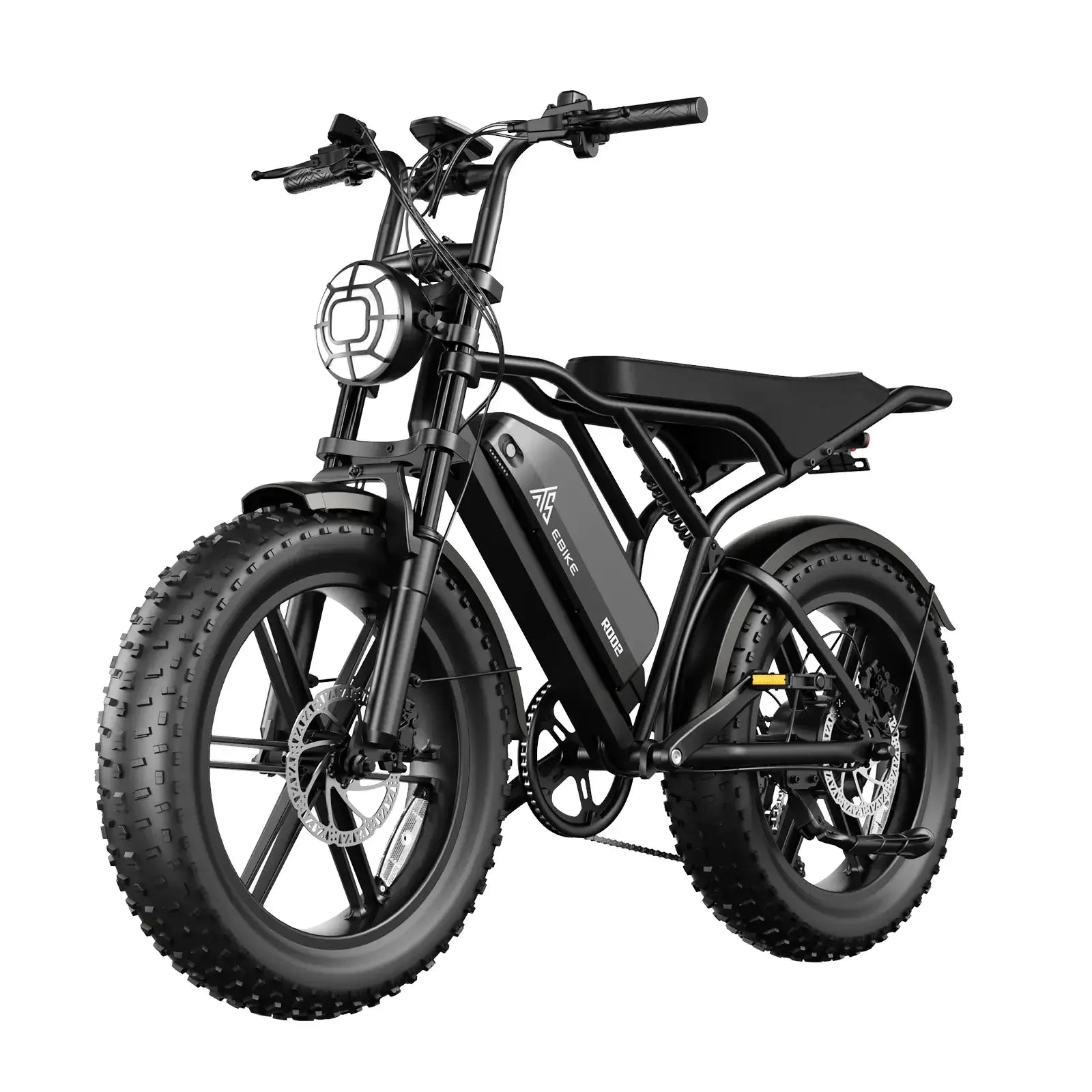
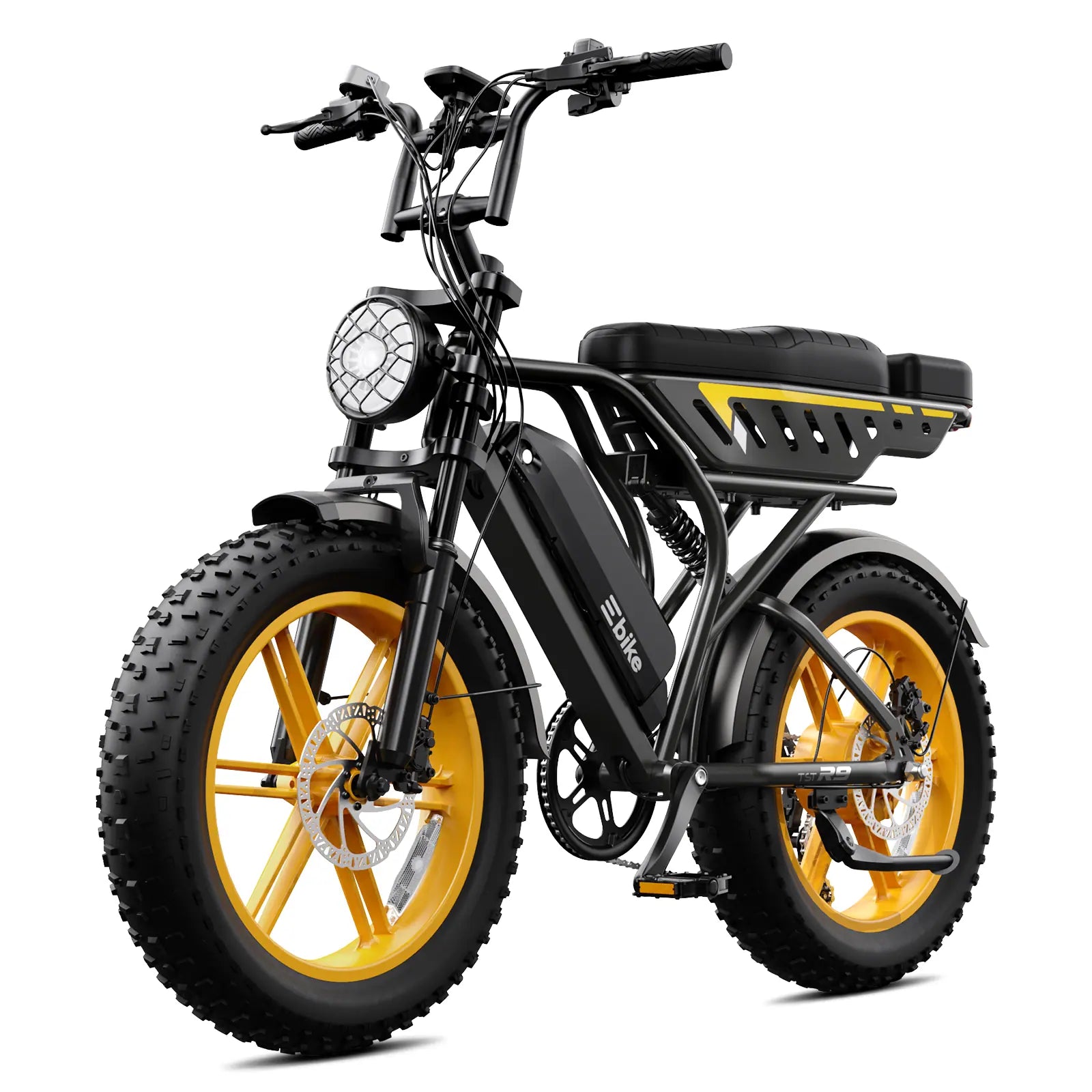
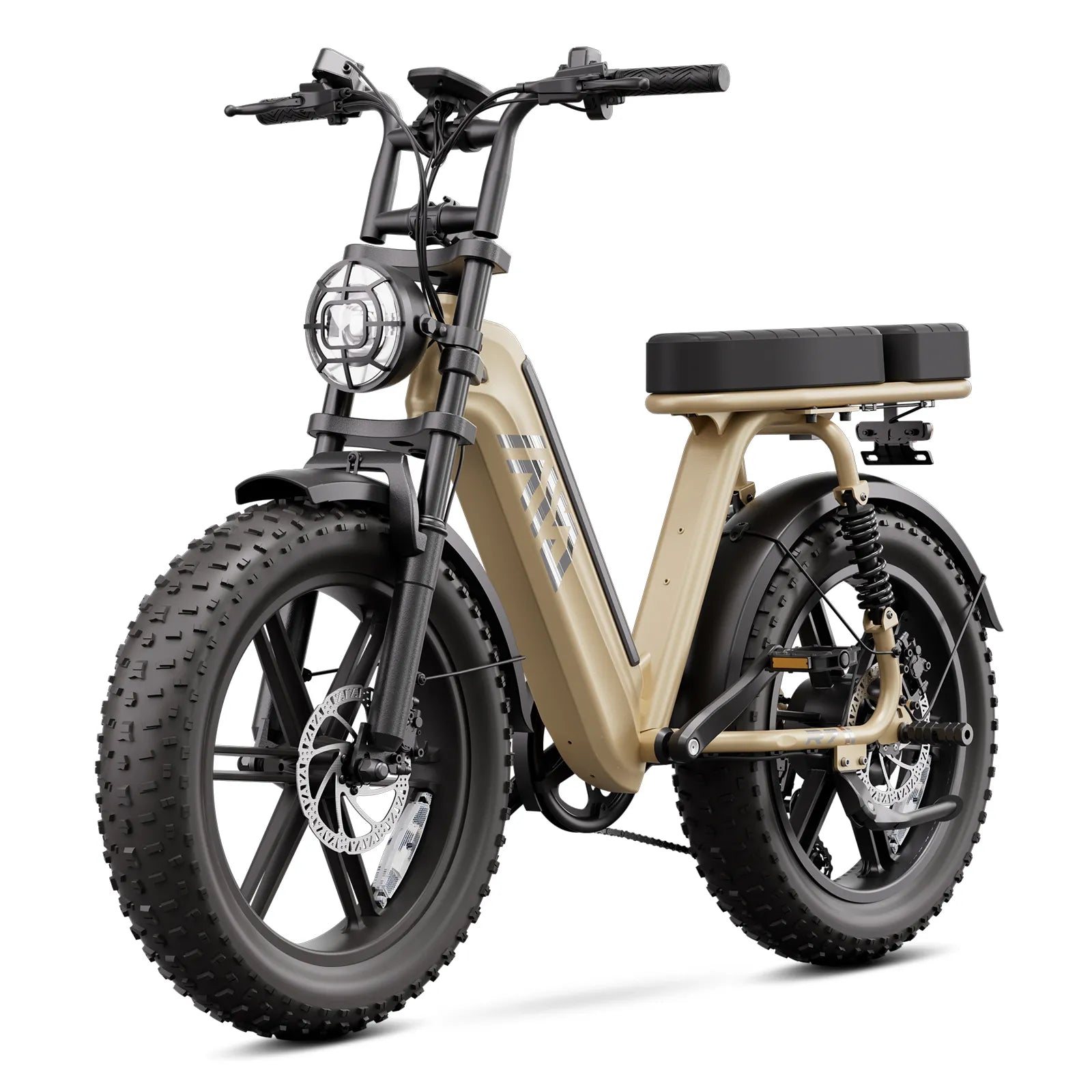
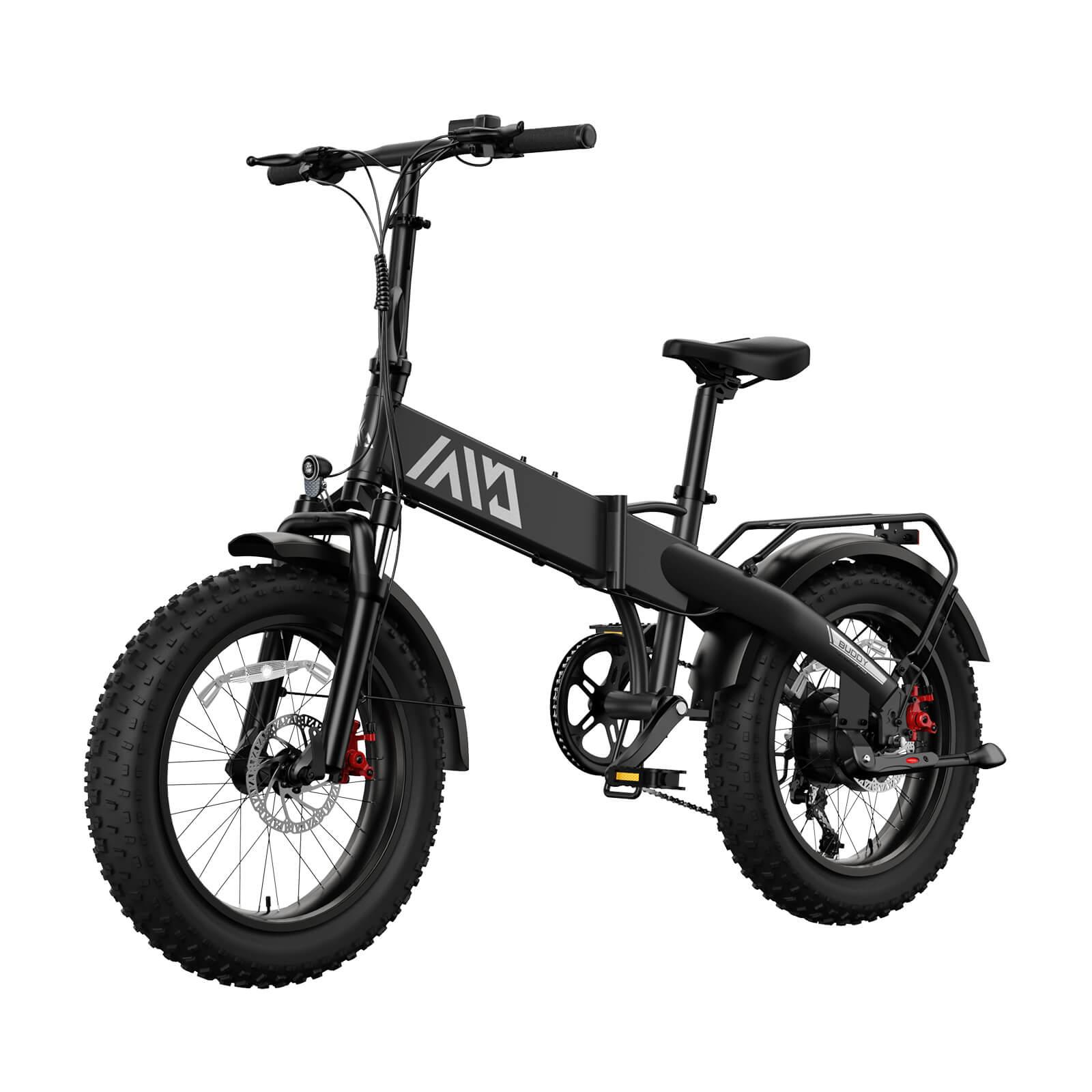

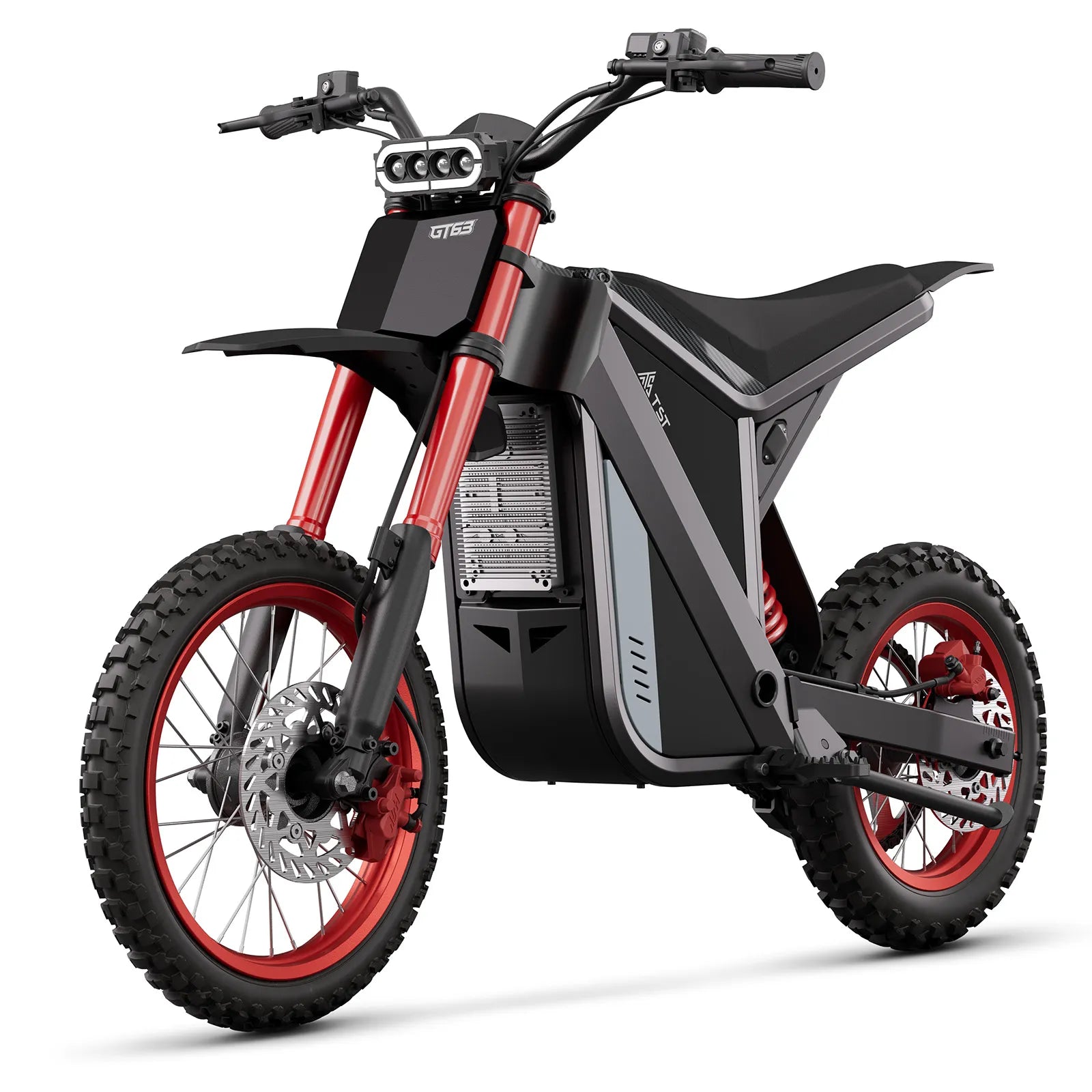
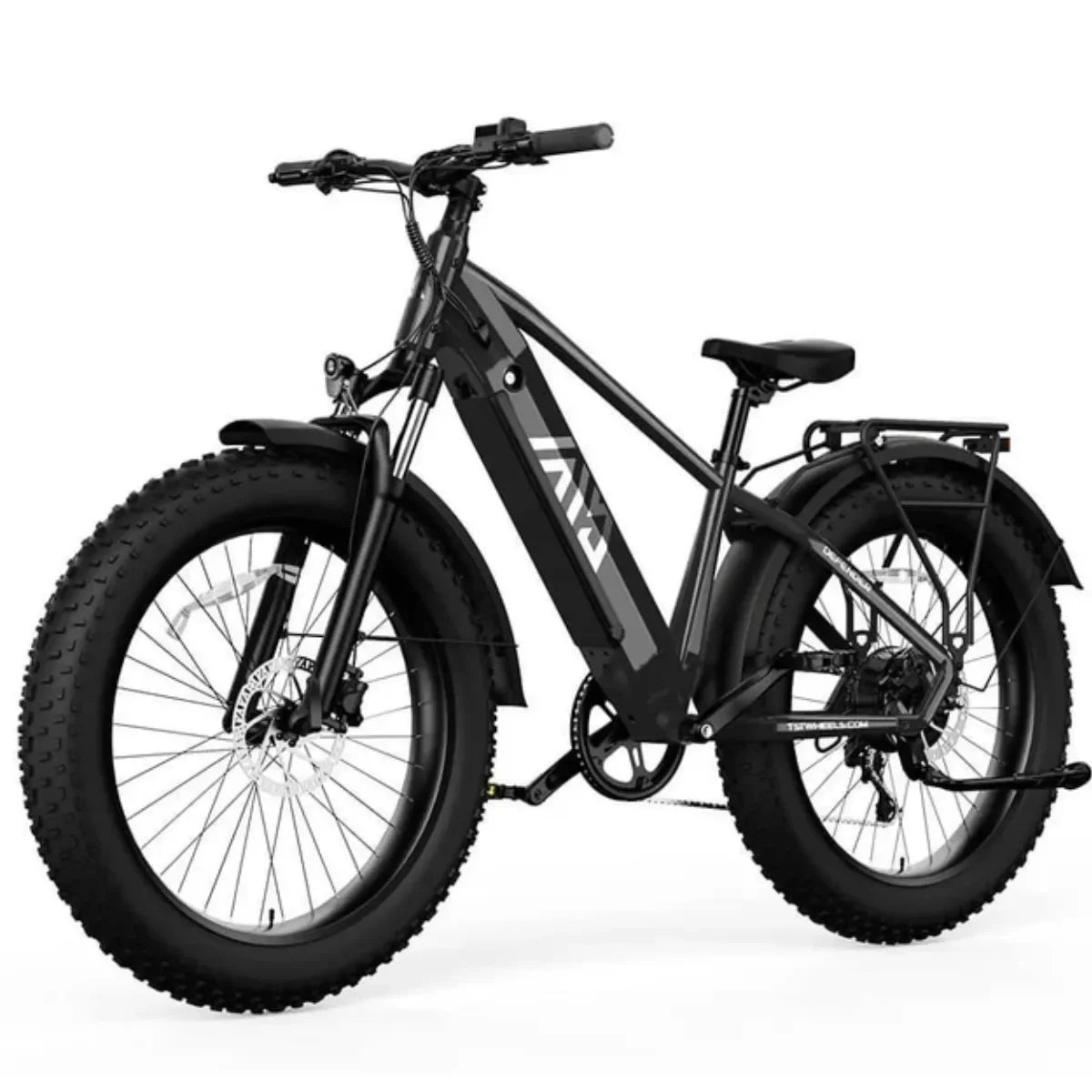
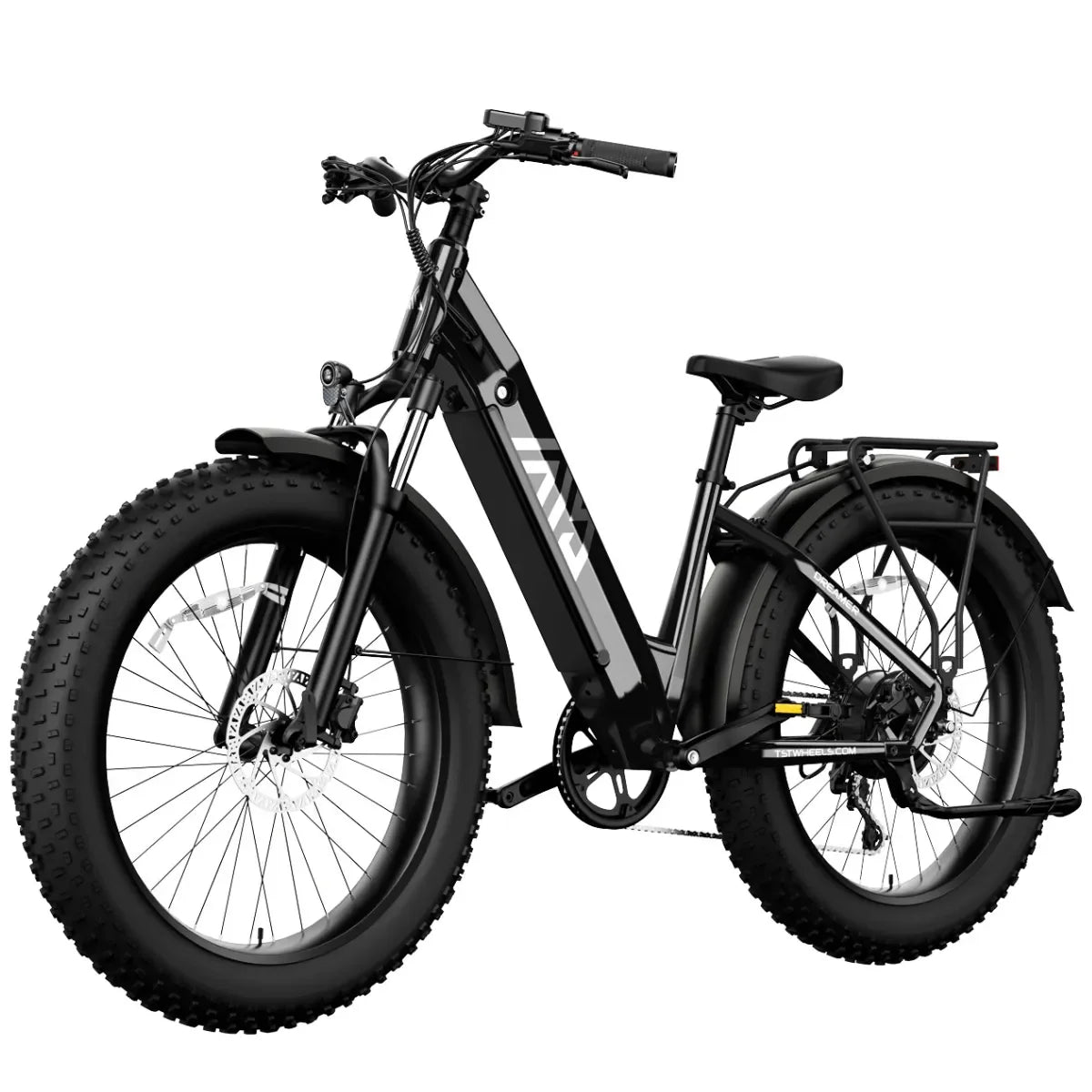
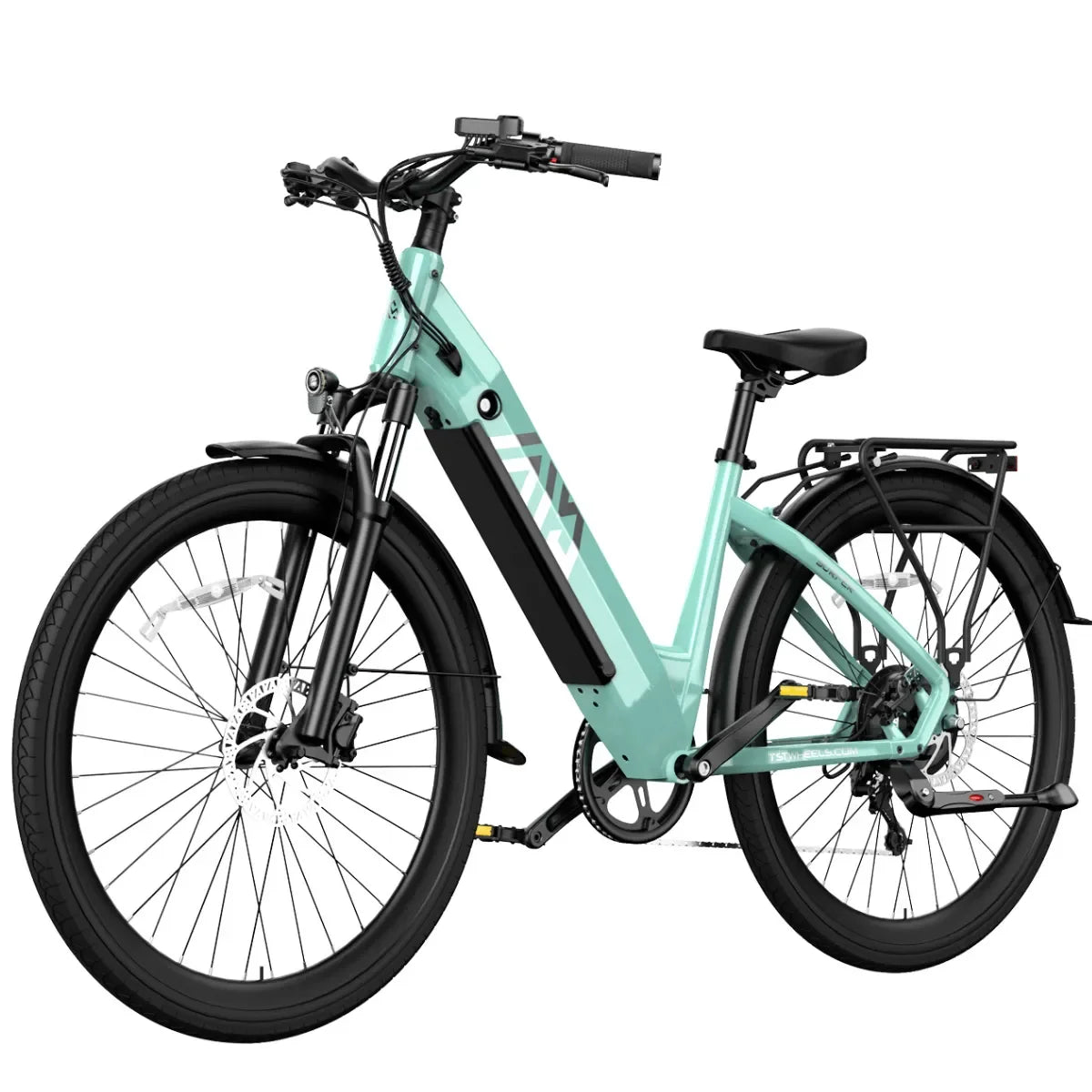
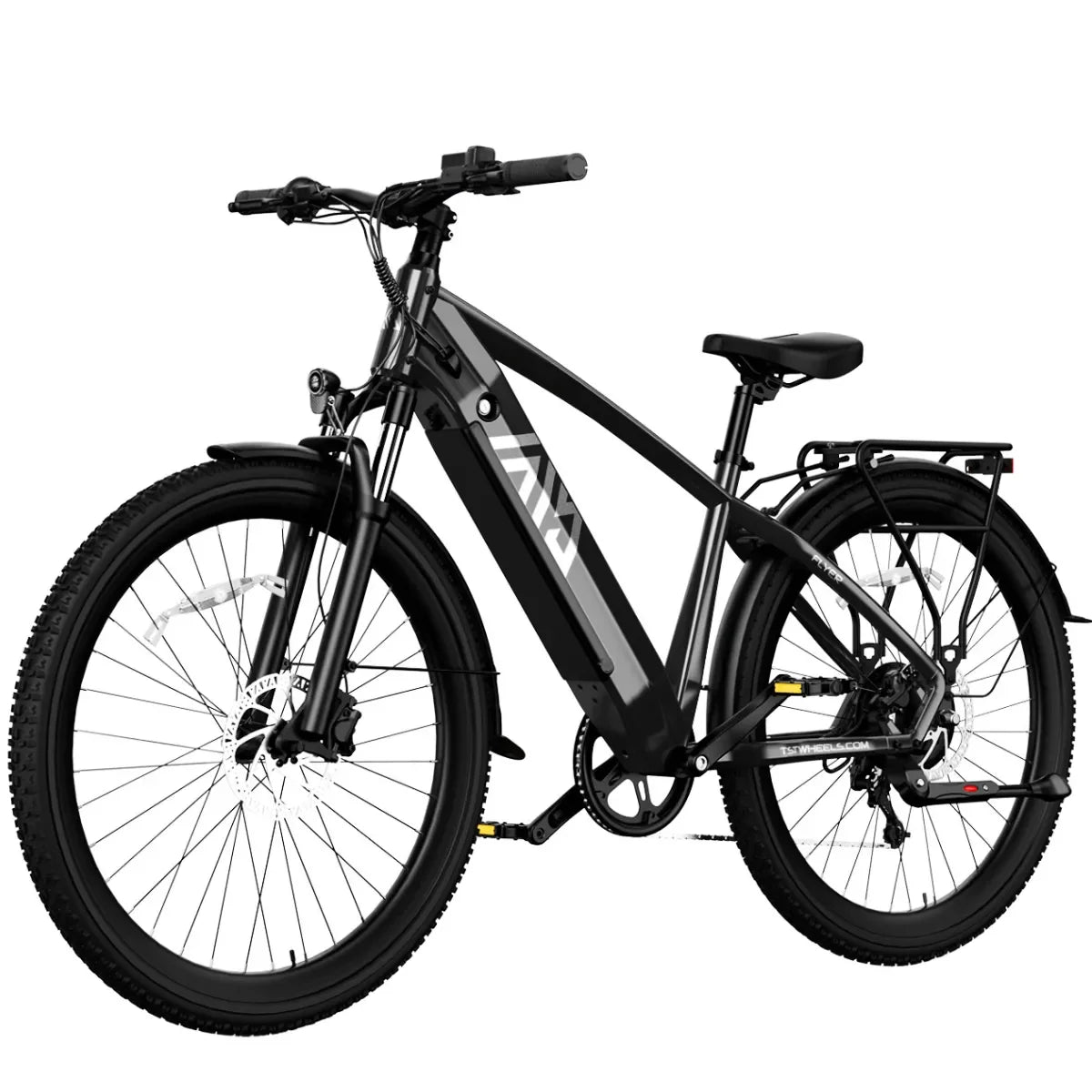
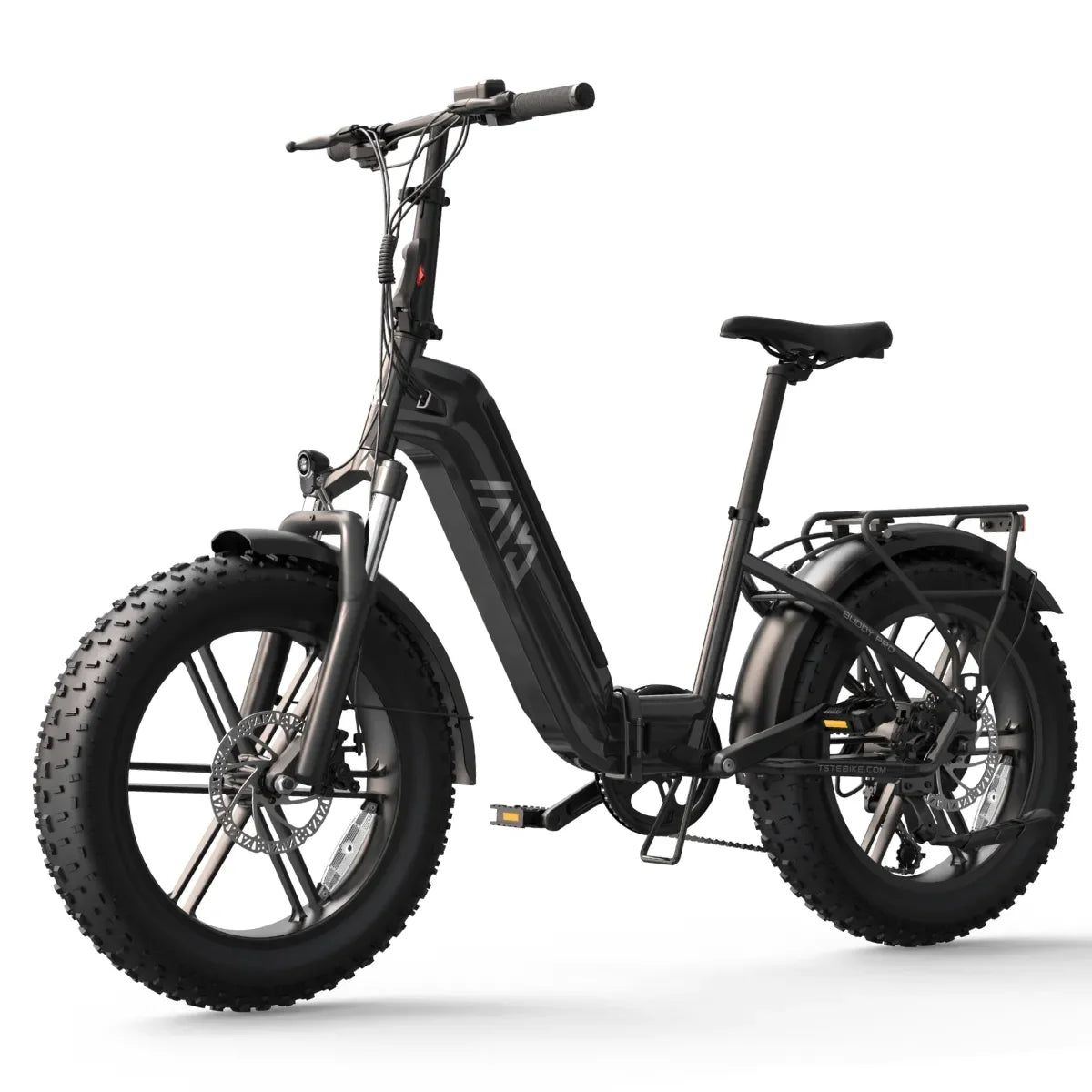
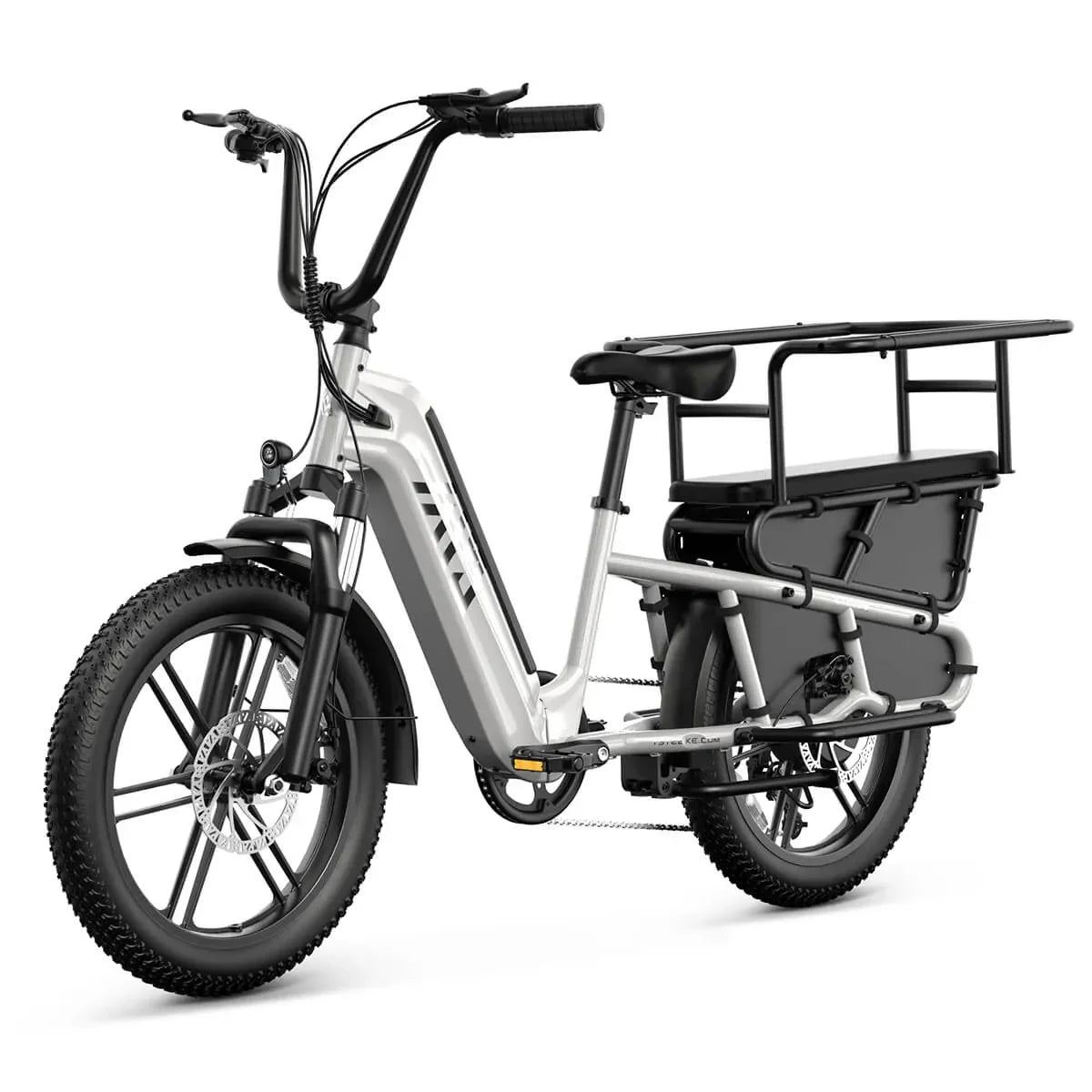
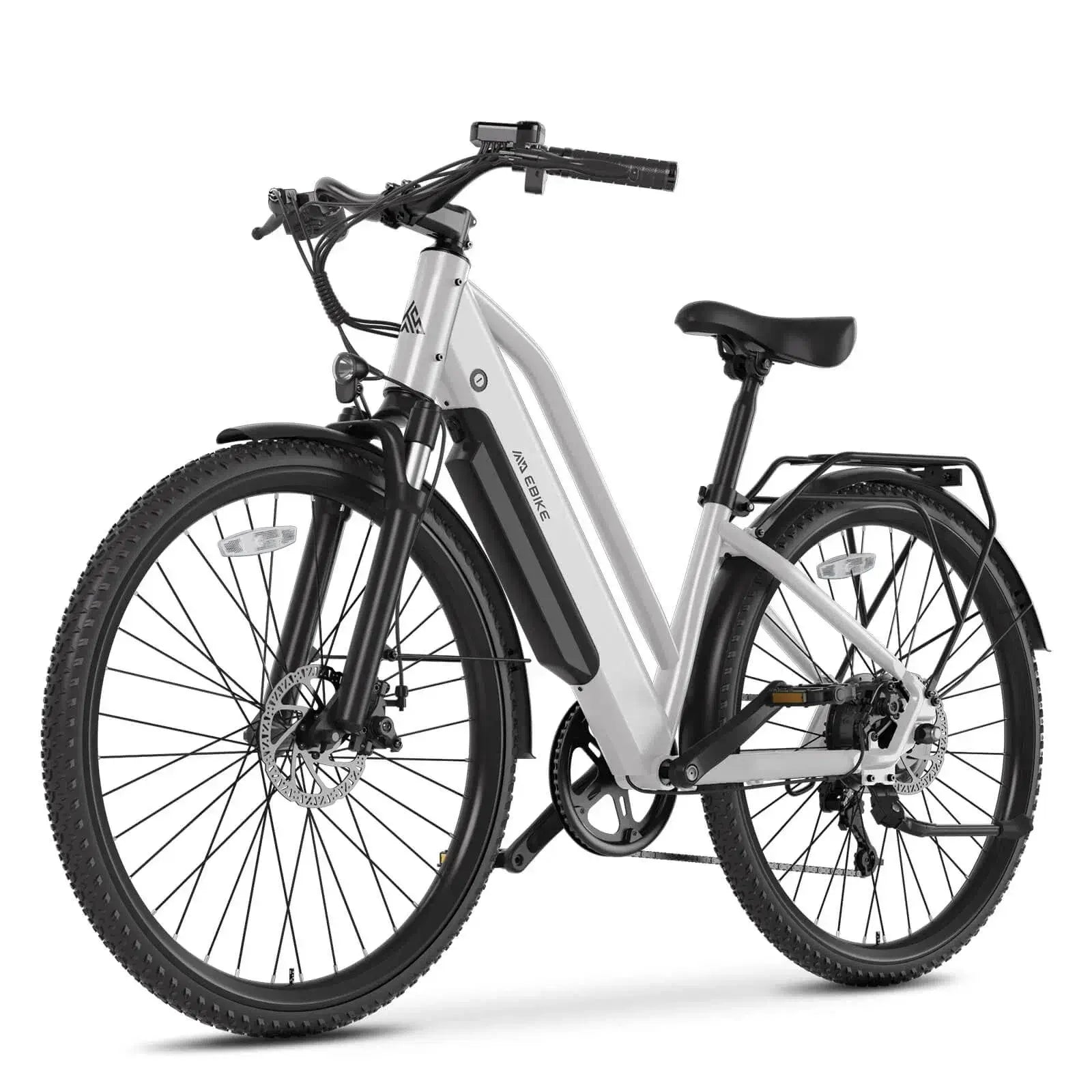


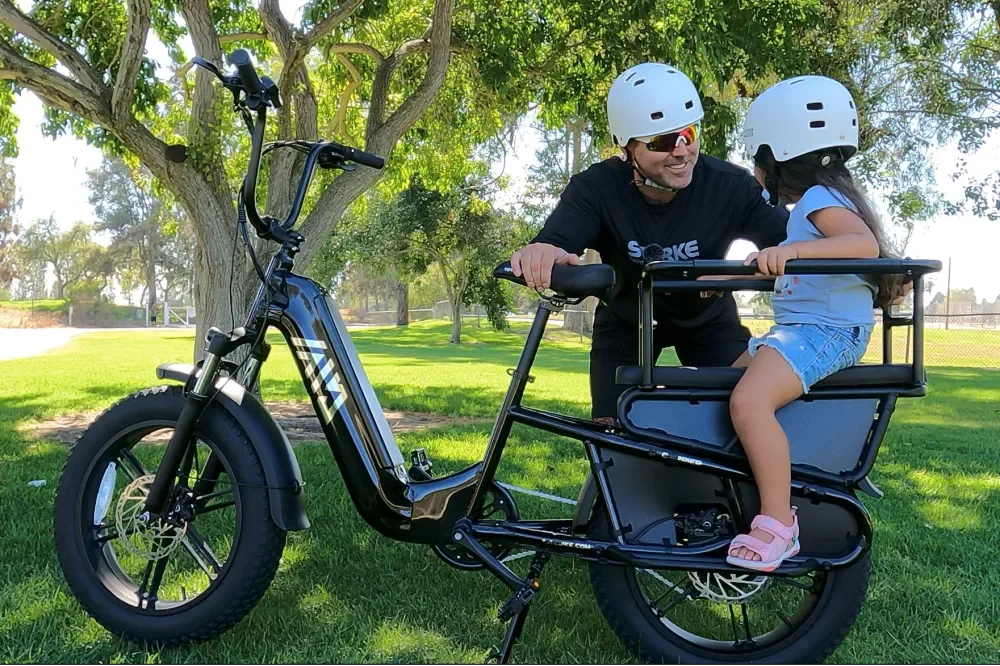


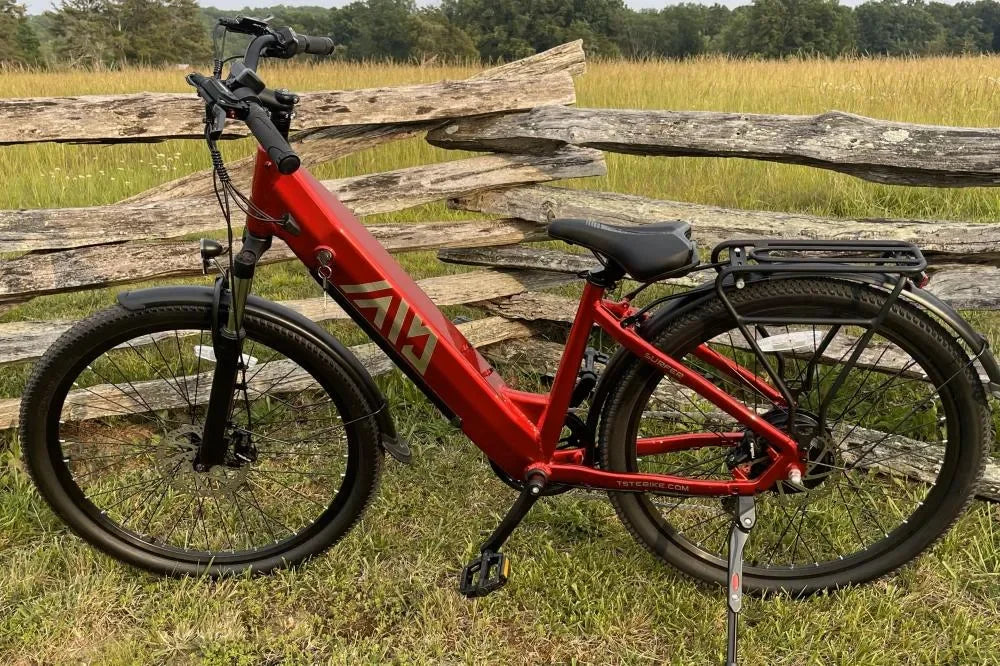
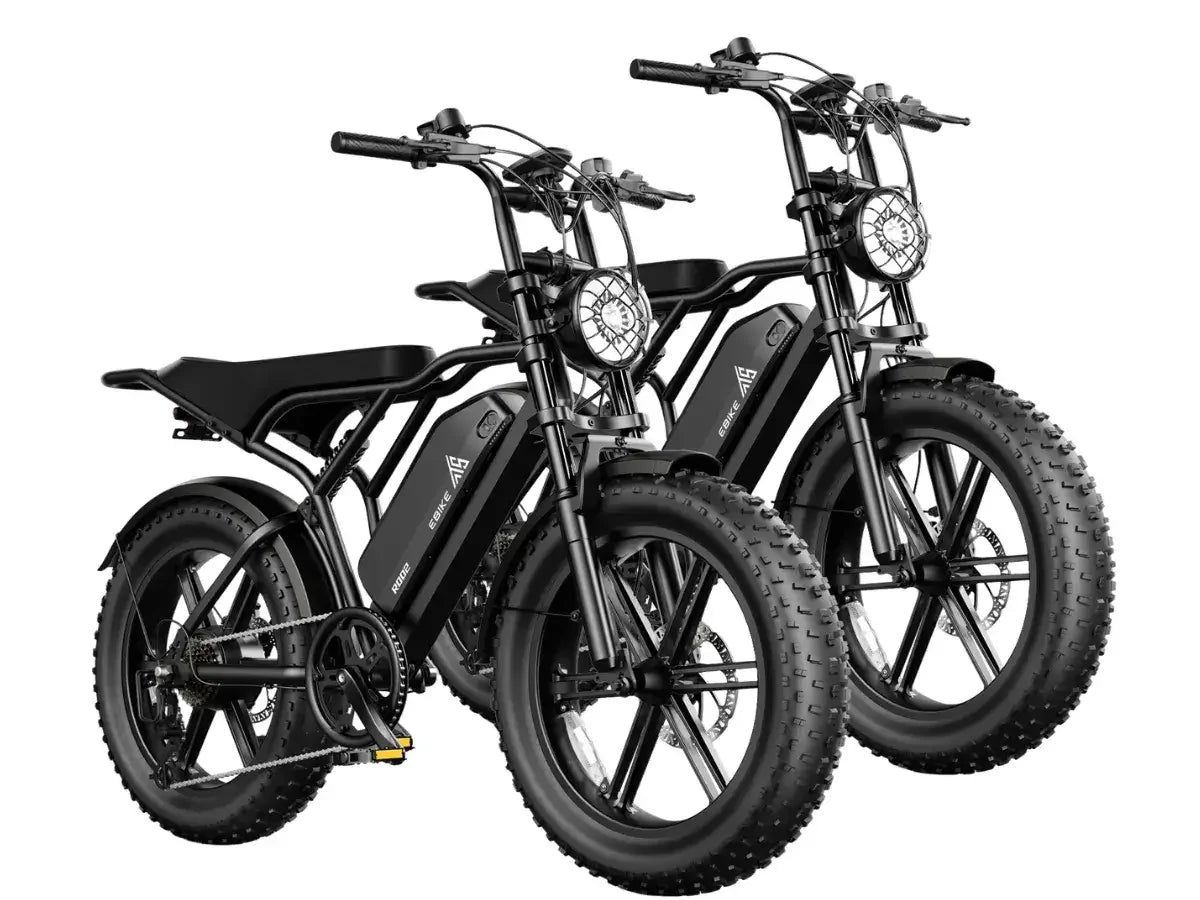
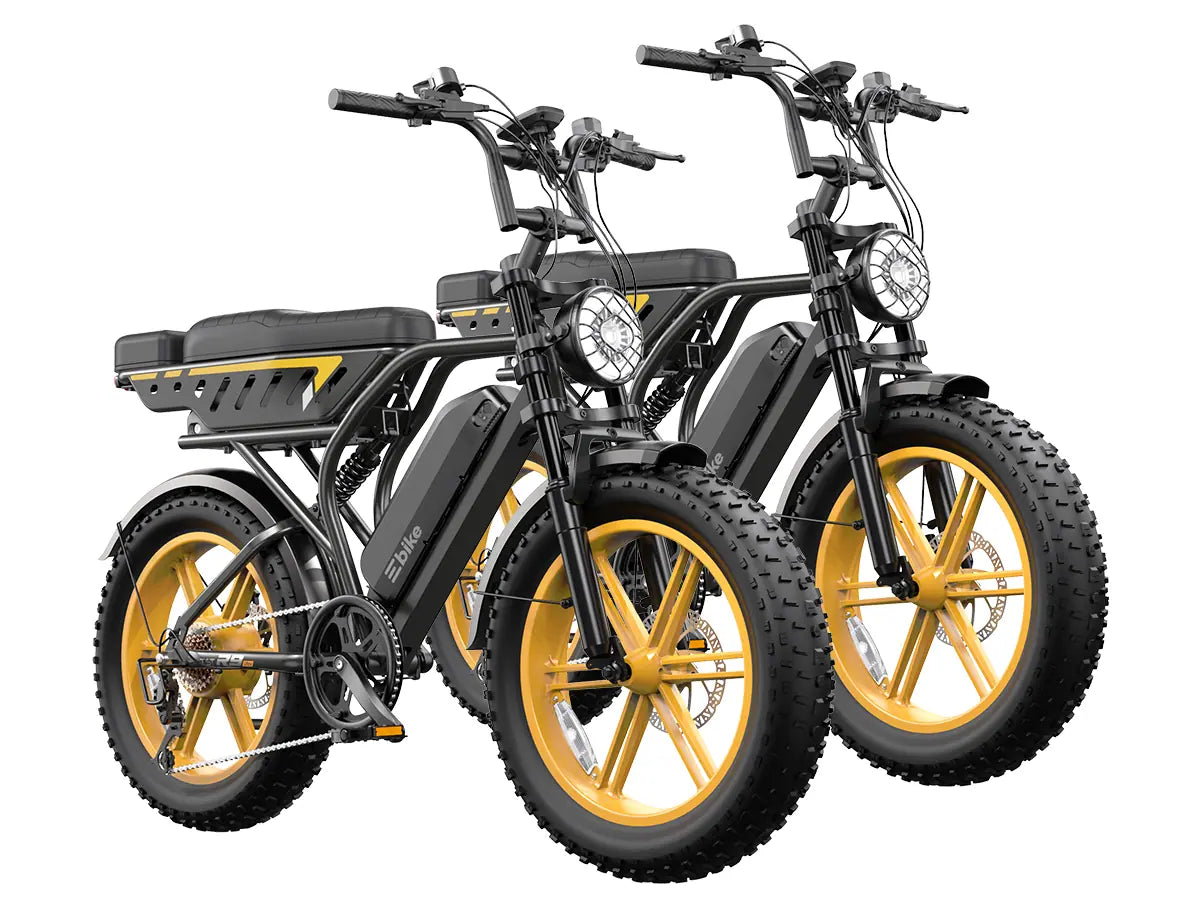
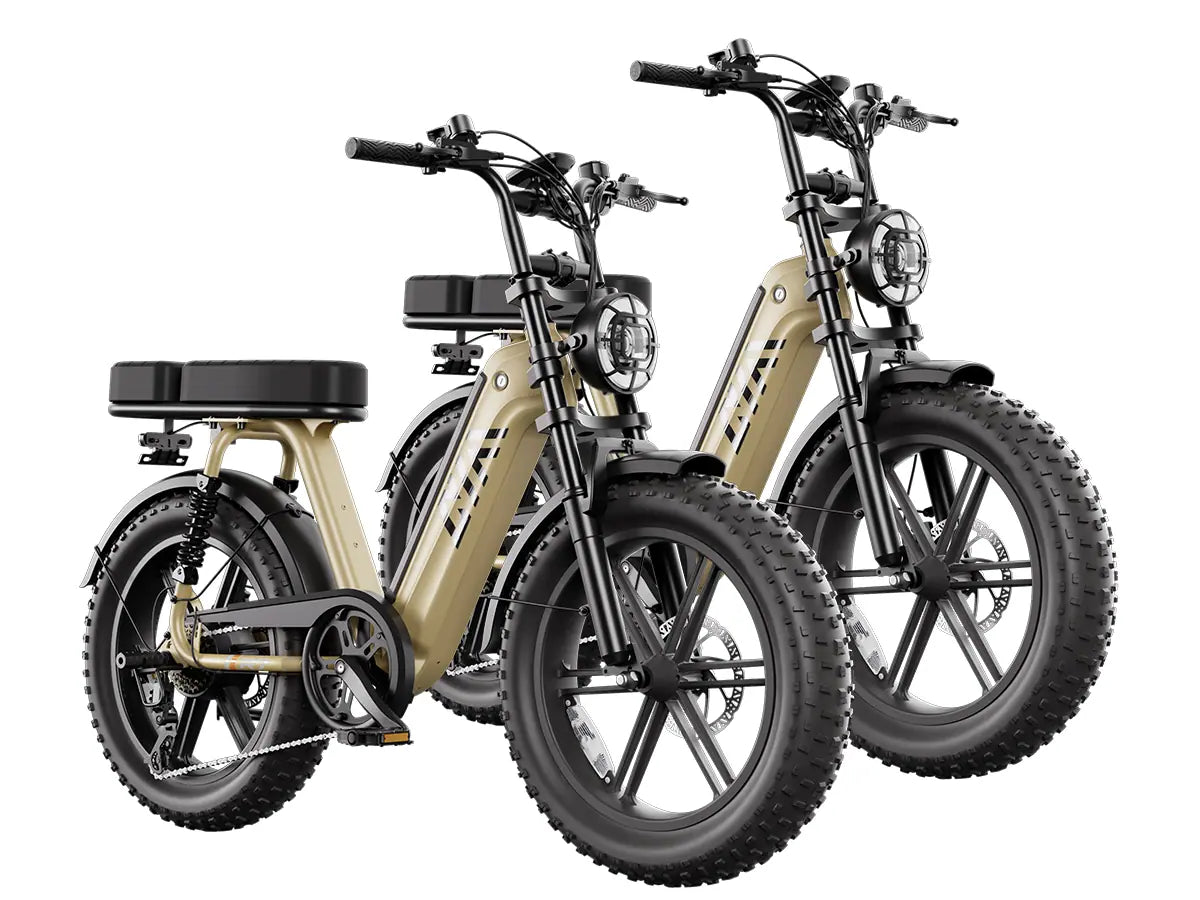
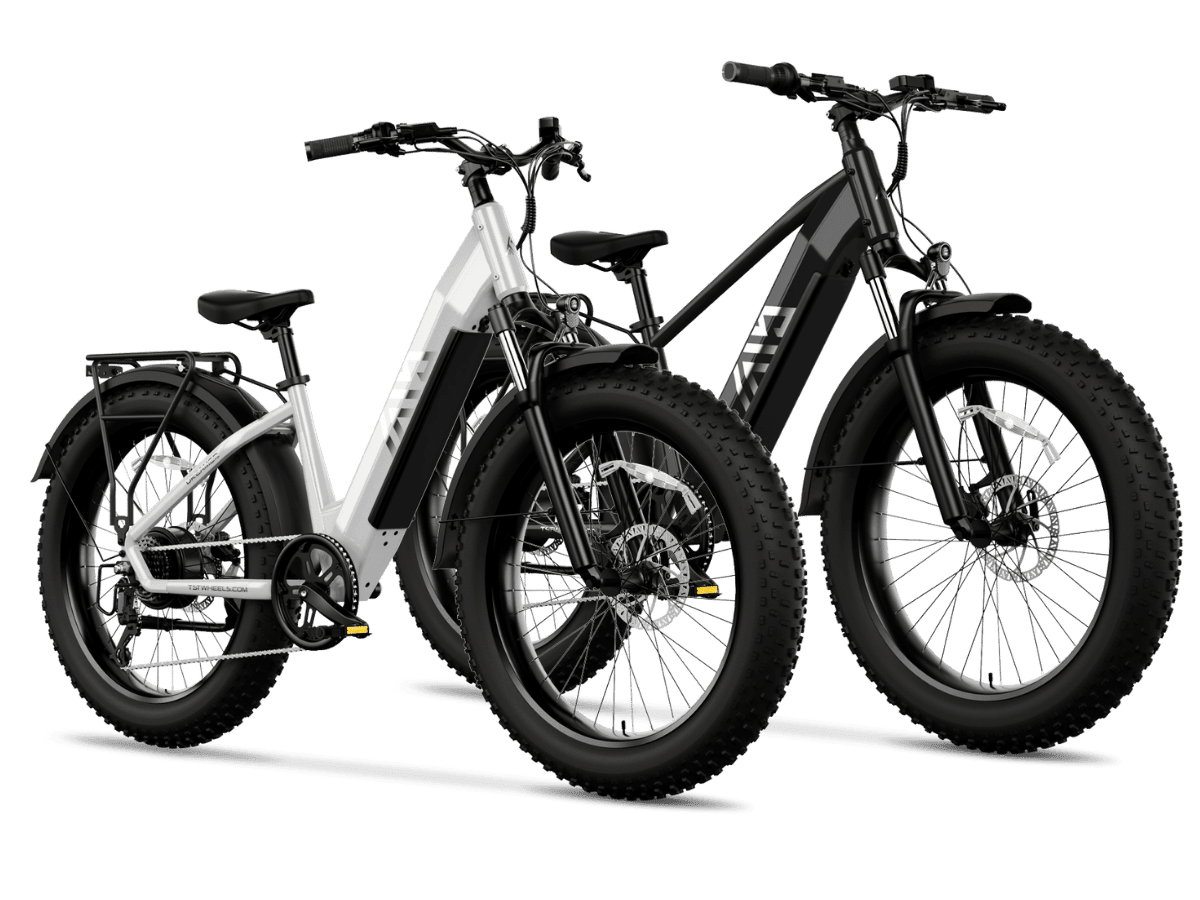
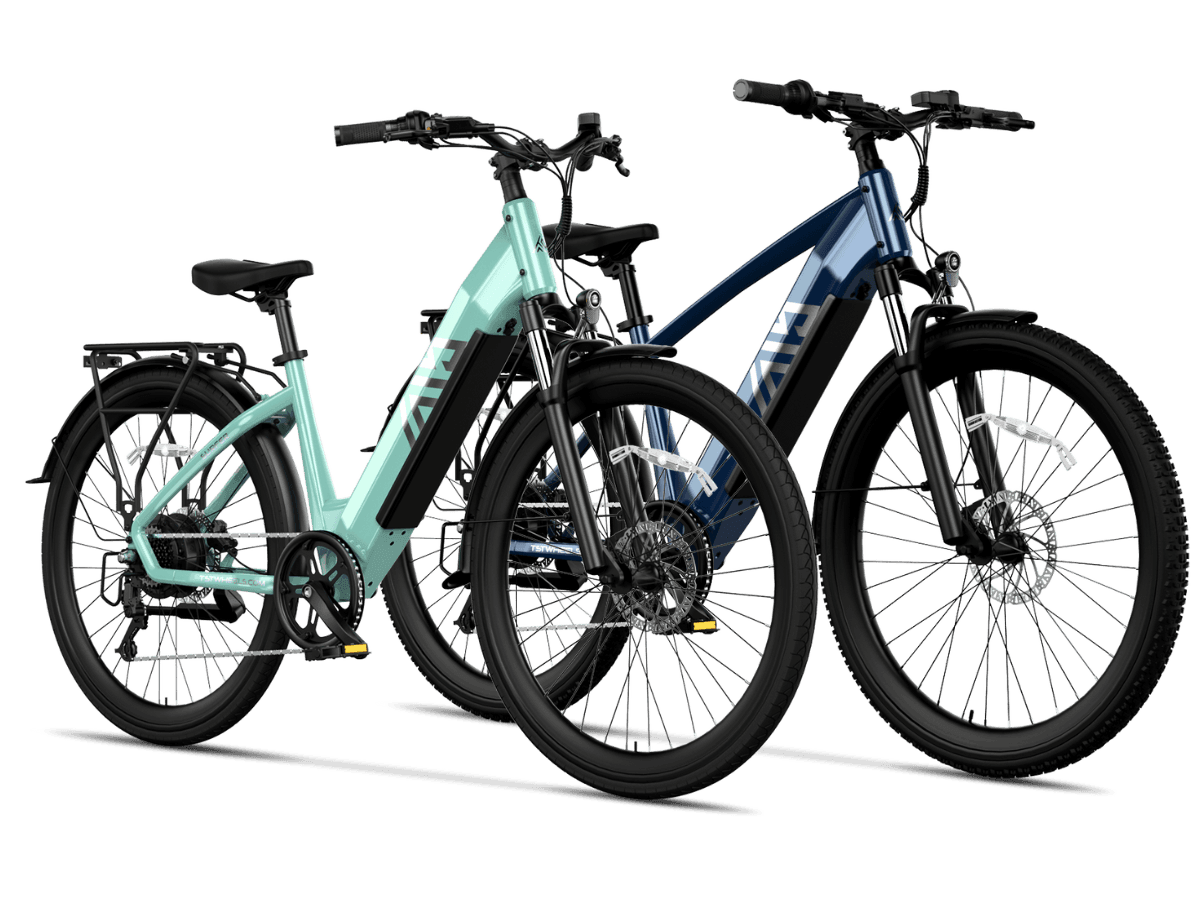
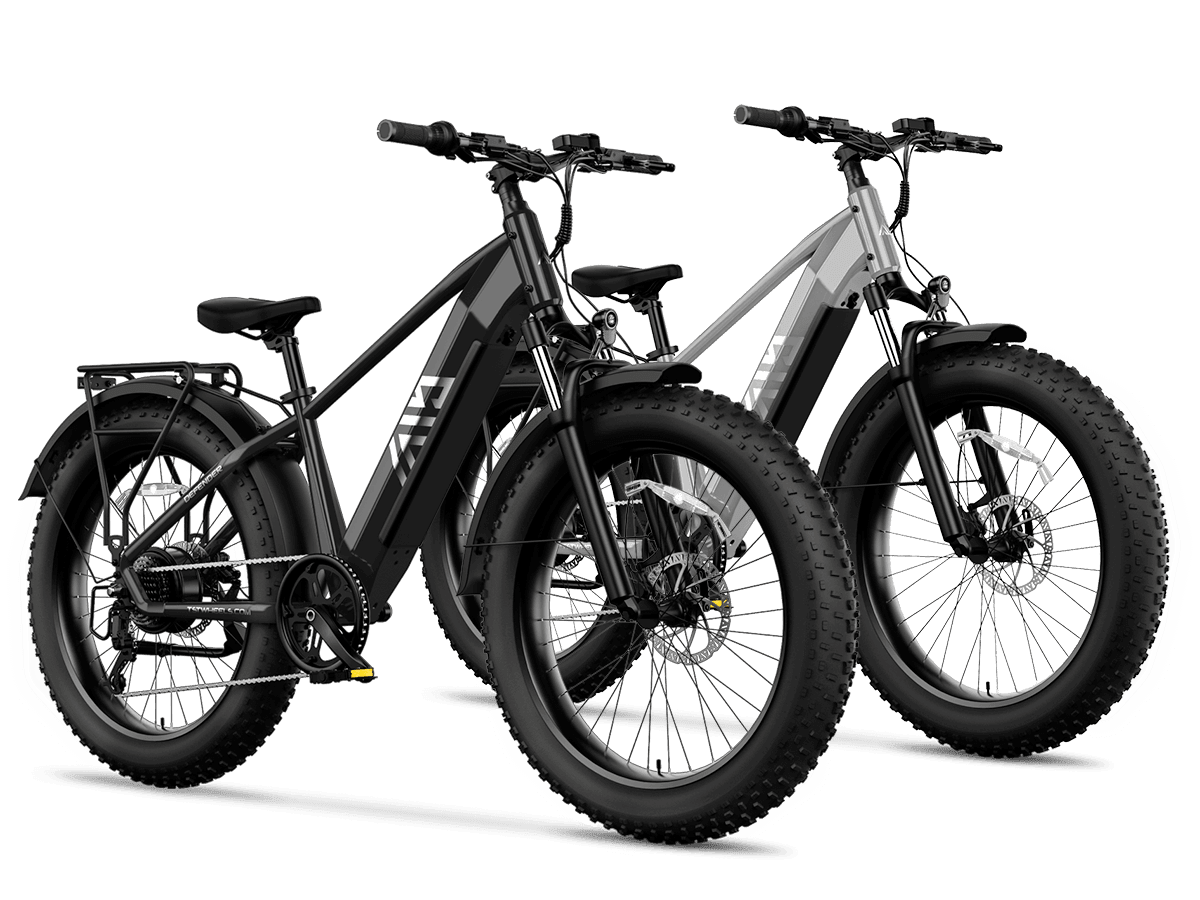
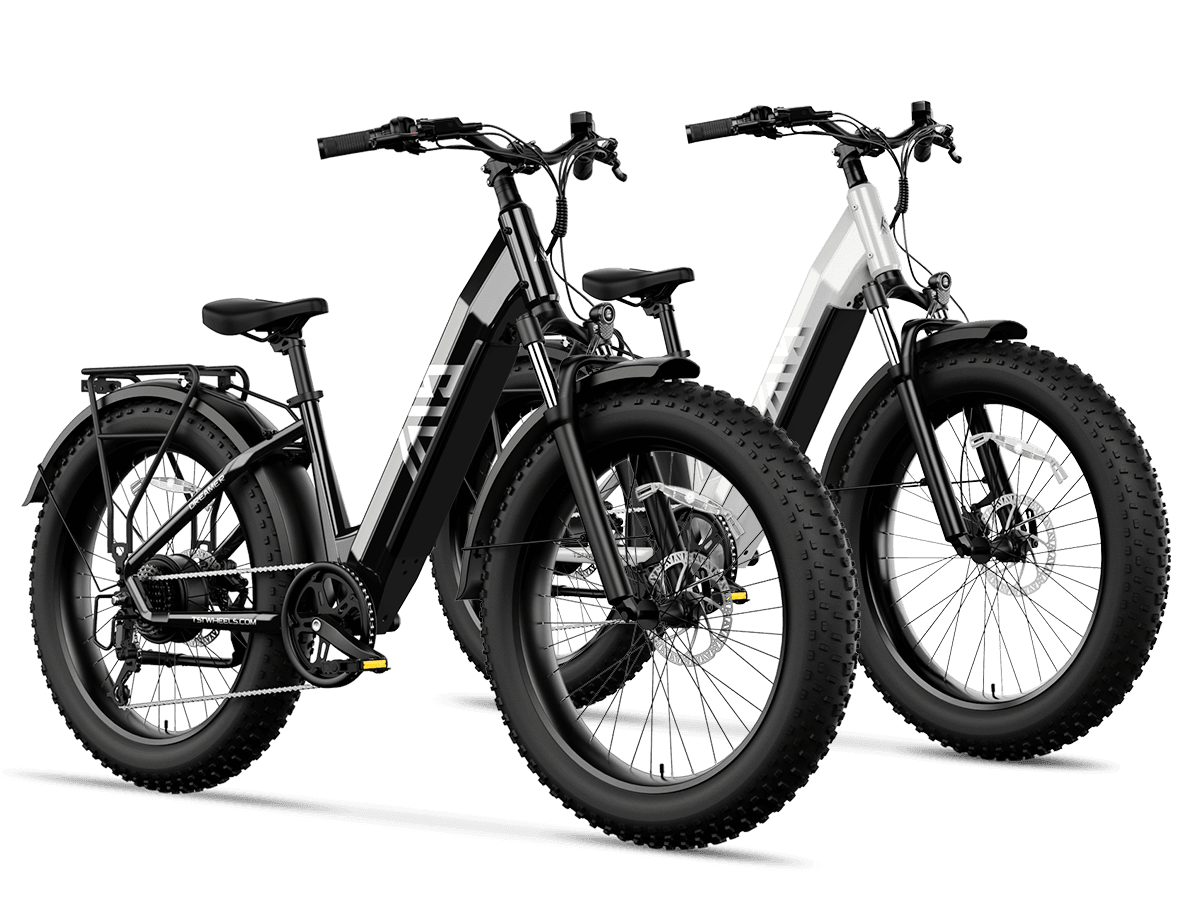
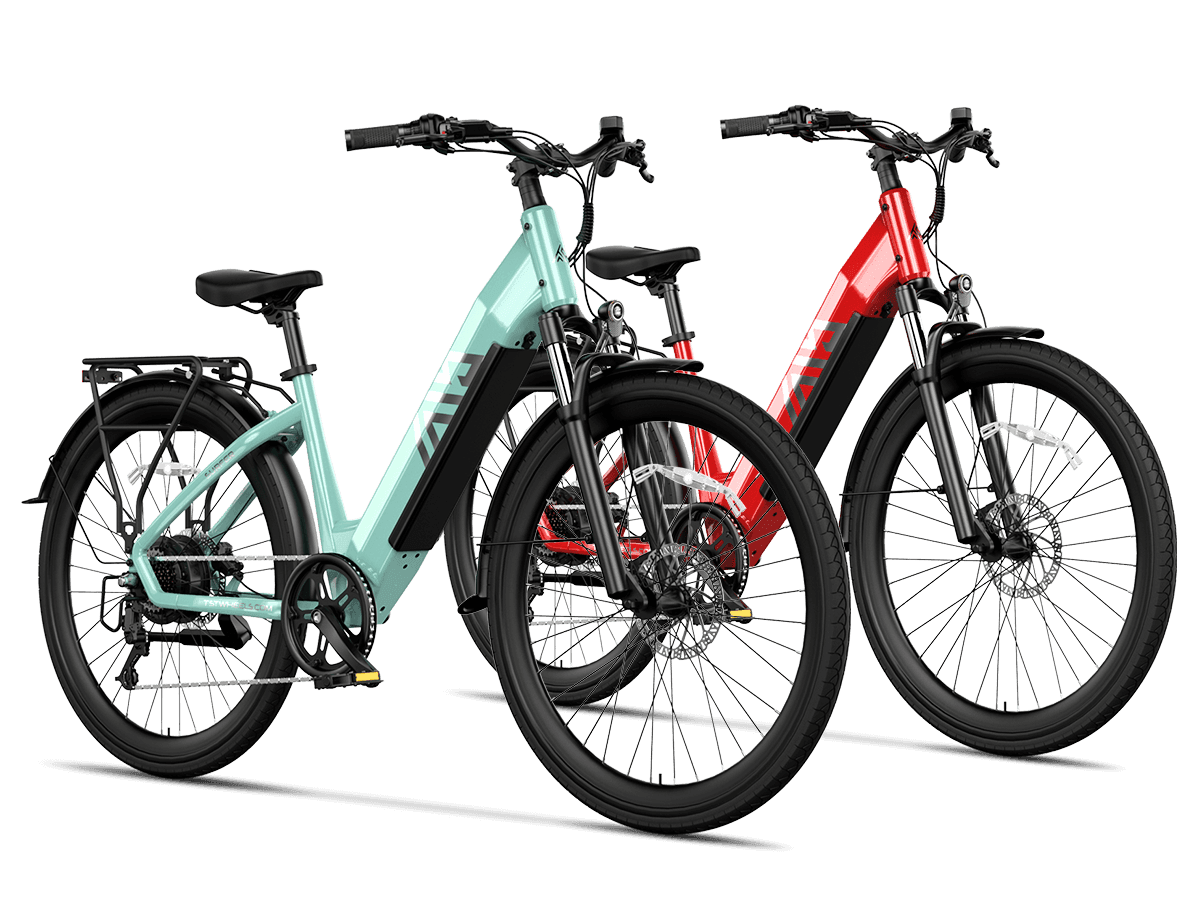
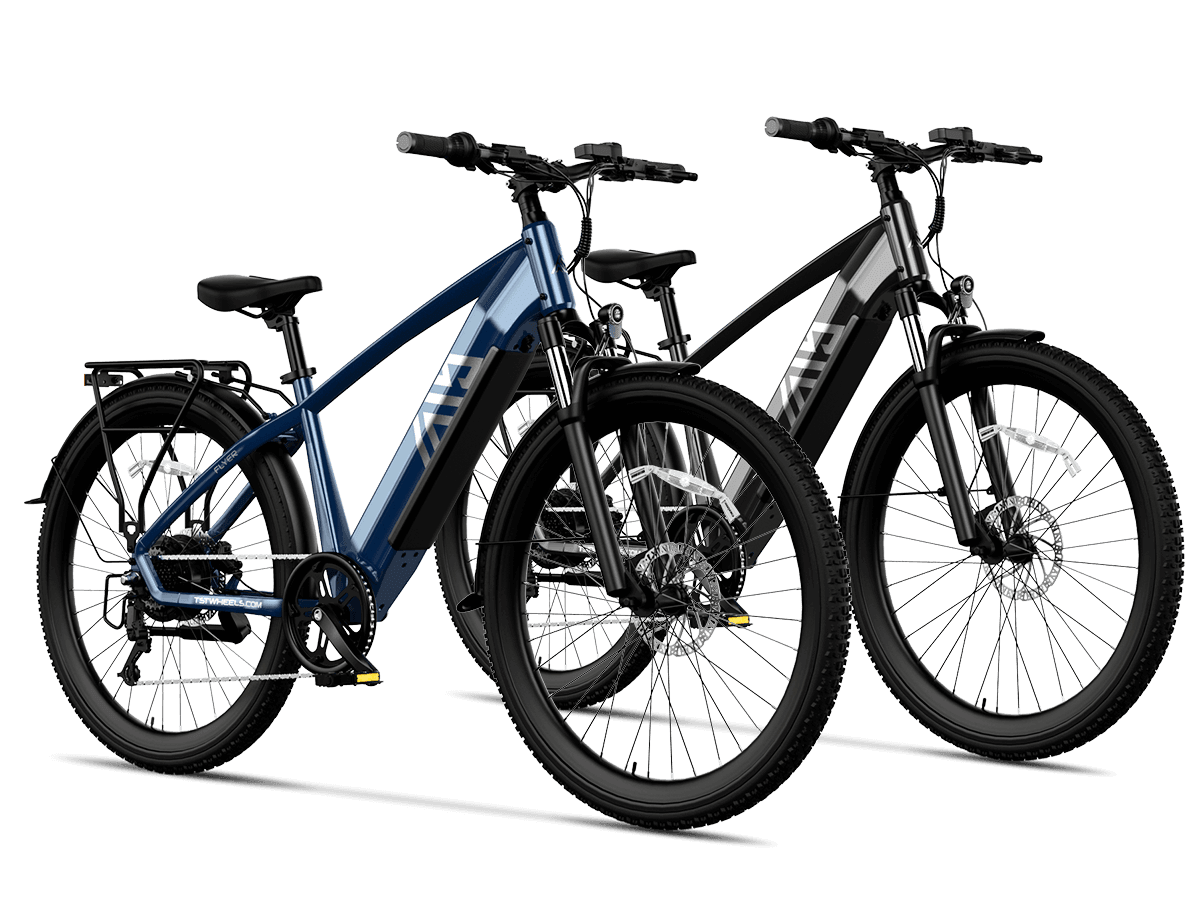
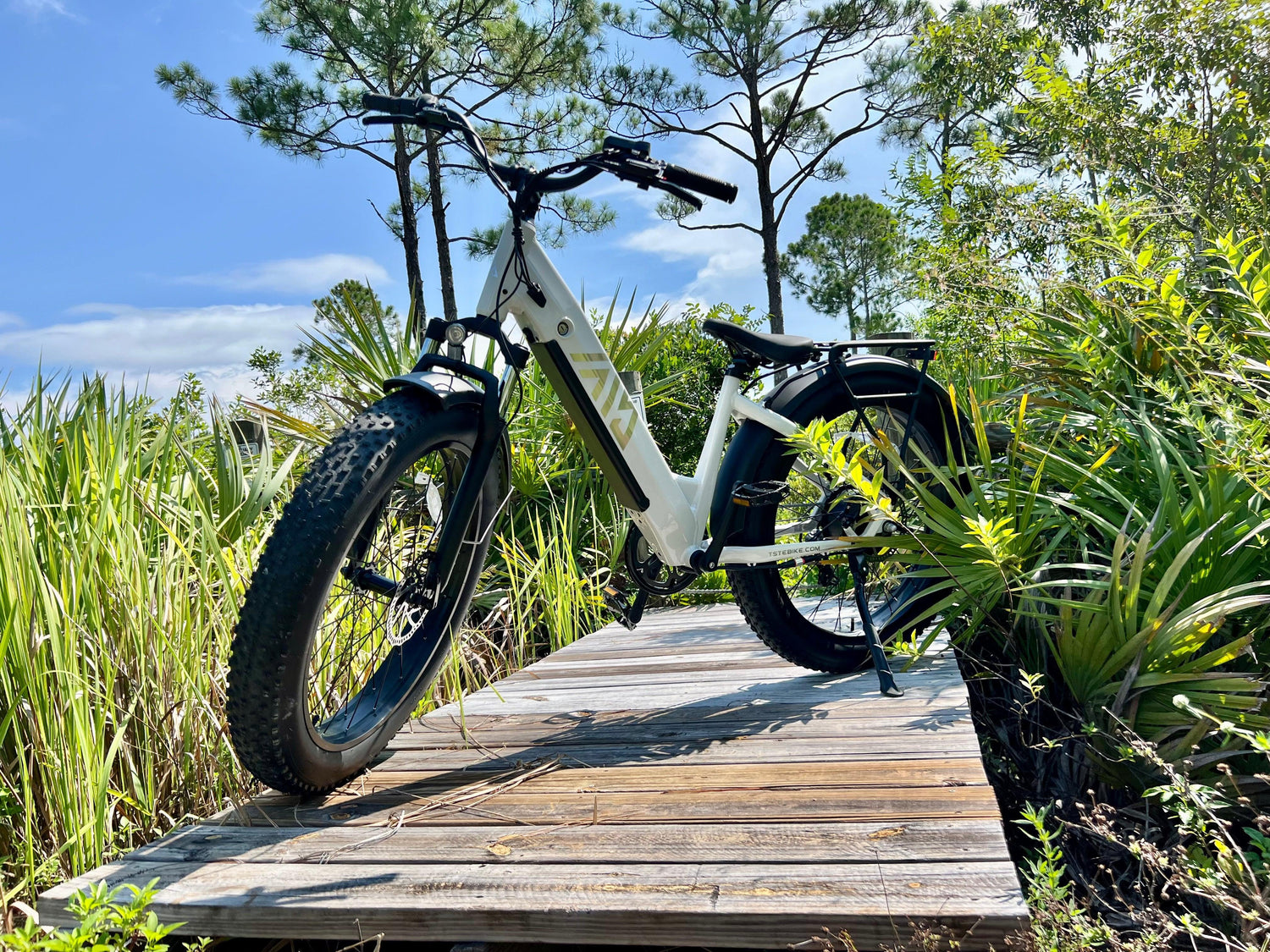
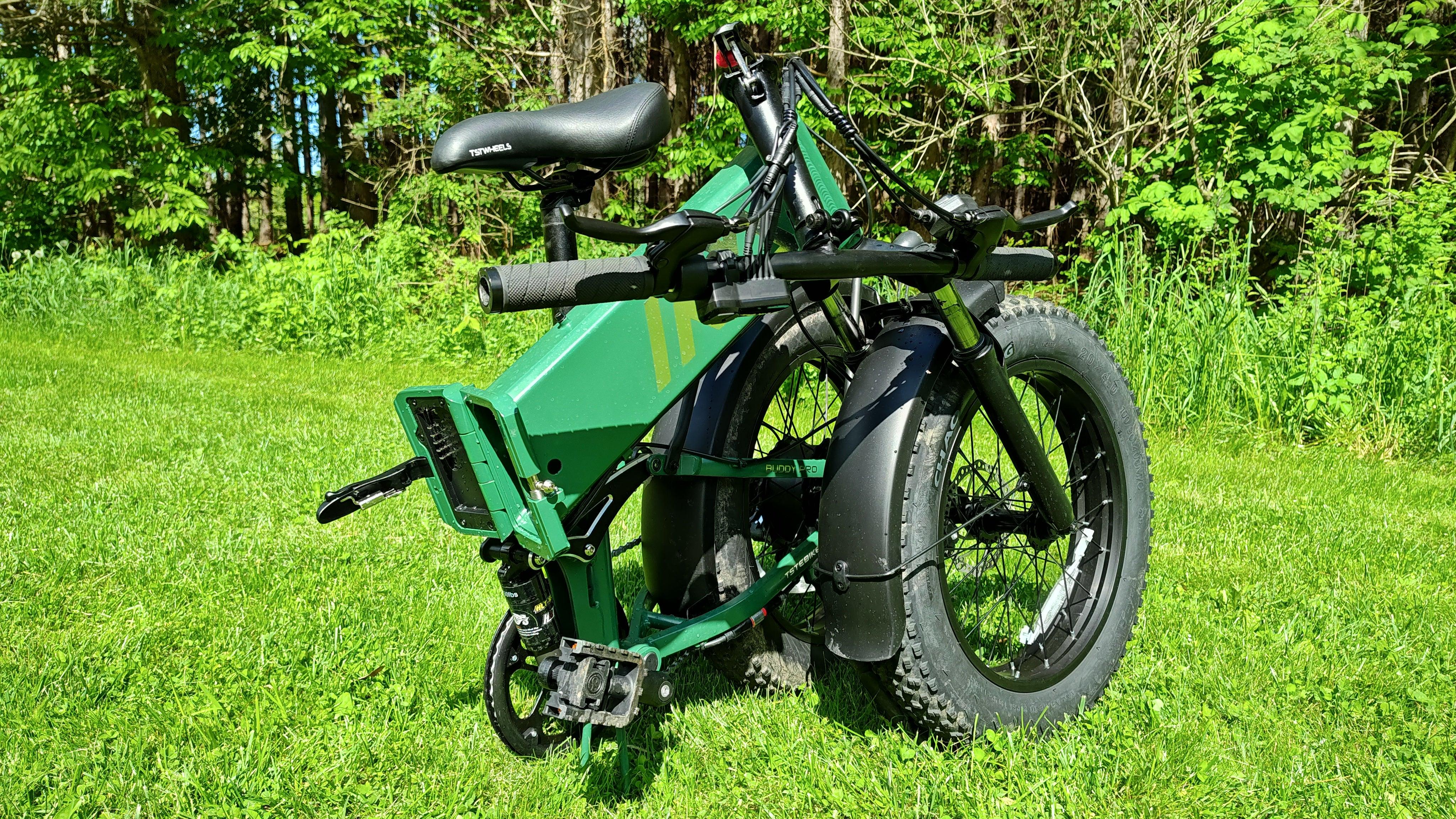
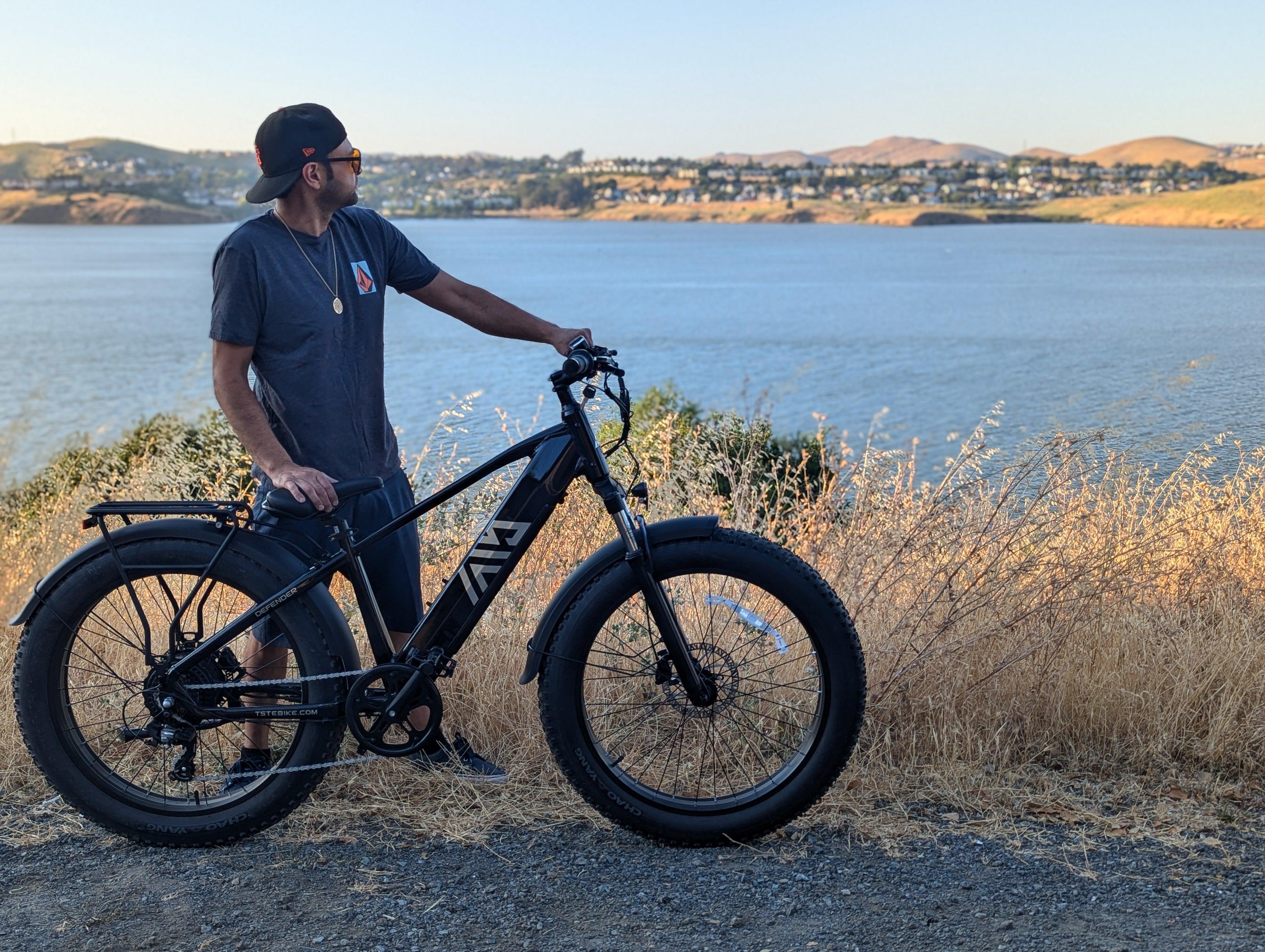
Leave a comment
All comments are moderated before being published.
This site is protected by hCaptcha and the hCaptcha Privacy Policy and Terms of Service apply.